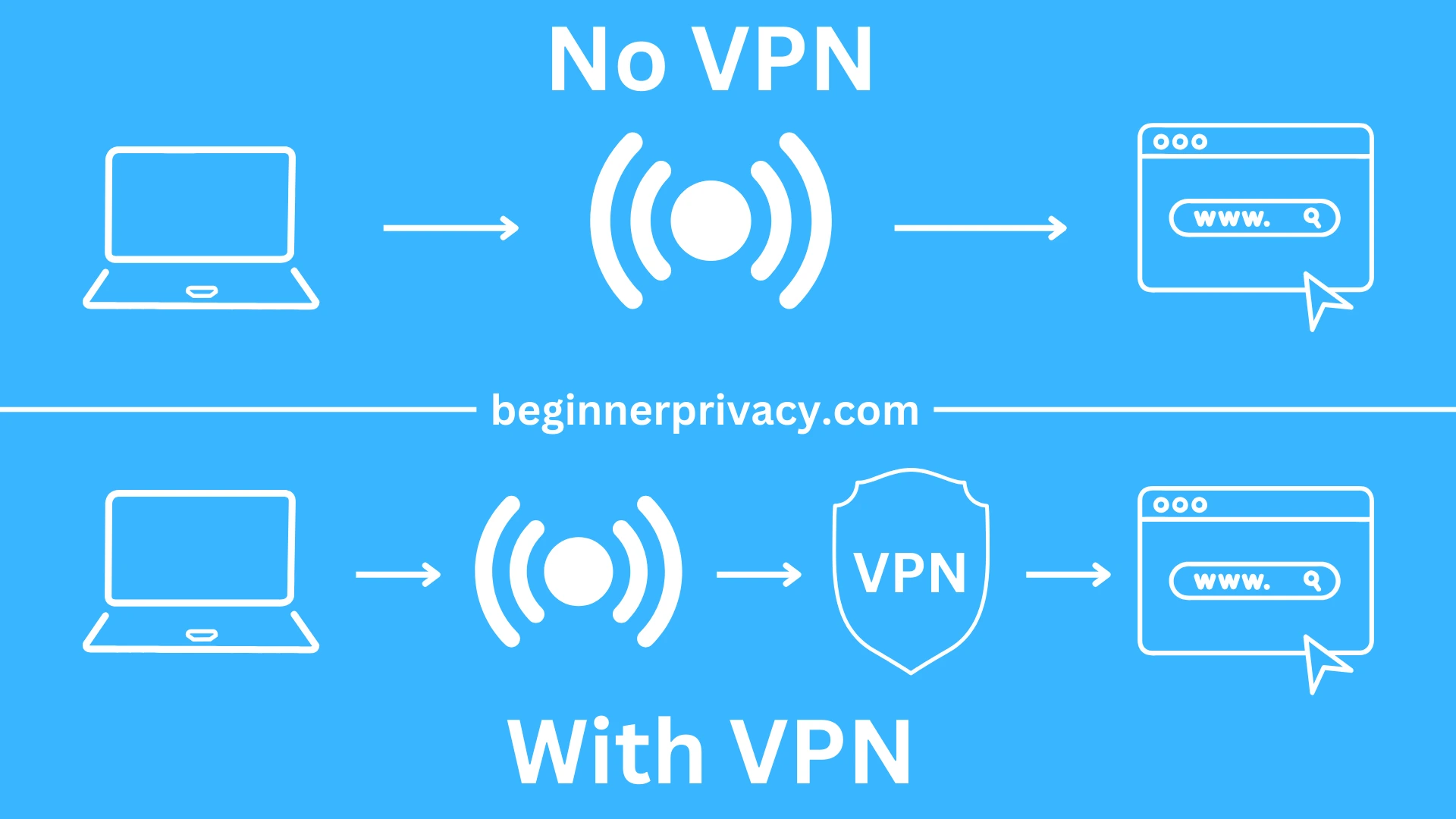What Is a VPN? And Should You Use One?
You’ve probably encountered countless VPN ads on platforms like YouTube. But how do they actually work, and more importantly, should you use one?
How Does a VPN Work?
A Virtual Private Network (VPN) creates a secure connection between your device and the internet by routing your traffic through a private server. This process encrypts your data, making it impossible for your Internet Service Provider (ISP) to see your online activities.

What Does a VPN Protect You From?
While a VPN is effective at hiding your IP address, accessing geo-restricted content, and preventing ISP surveillance, it does not protect you from hackers, phishing emails, or other threats. Authorities can still request information from the VPN company, which may have a no-logging policy regarding your internet activity but could still retain personal information like your email, phone number, and real name.
If you’re considering engaging in more serious activities that require enhanced anonymity, we recommend reading our article about Tor for a more secure option.
How to Choose a Good VPN
When searching for a reliable VPN, trustworthiness is crucial since the service will have access to your online activities. Here are key factors to consider when evaluating a VPN:
- Open Source: Look for VPNs with open-source code, allowing for transparency and community audits.
- Minimal Personal Information Required: Choose services that don’t require sensitive information like your name, phone number, or email.
- Strict No-Logging Policy: Ensure the VPN has a verified no-logging policy, meaning they do not store your browsing history.
- Strong Encryption Protocols: Opt for VPNs that use modern encryption standards, such as OpenVPN or WireGuard, to protect your data.
Recommended VPNs
Kill Switch
A kill switch is a critical and is highly recommended VPN feature that instantly cuts your internet connection if the VPN drops, preventing your real IP address from being exposed. This ensures your online activities remain private and secure, especially during unexpected disconnections.



